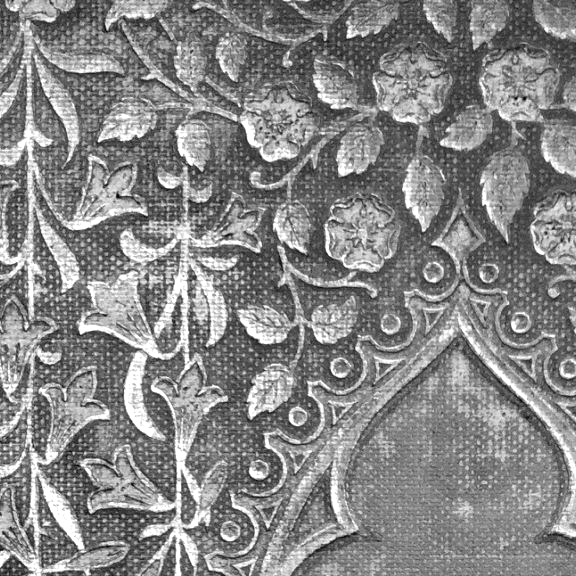updated 10/23
See the list of topic categories here.
“Justice” is a gnostic notion. It is enough for the fallen one to reclaim his own. We Christians beg for mercy.
The word “Justice” has three meanings: legal, religious, ideological. The prestige that the formal legal meaning receives from its religious source of meaning facilitates the ideological use of the word. Thus, passionate content is poured into a legal mold and given a religious tint.
By labeling the package “justice,” for centuries it has been possible to smuggle any contraband with ease.
In order to acquit or condemn, it is not enough to know if a person is “oppressor” or “oppressed.” What is necessary, in order to judge, is to know what they do and who they are.
Exhaustion is one of the parents of justice.
Let us beg for mercy. Let us not trust that we will be forgiven just because we are understood.
The proletariat, in our time, is the one who decides “justice,” “law,” and “history.” The pride of the Pharisee beats in proletarian hearts.
Those who profess the notion of “natural law” dismiss God to the care of some vague ministry of justice.
When he is not granted everything he demands, the leftist proclaims that he is the victim of institutional violence- and that it is just for him to resist this with physical violence.
Few men would put up with their lives if they did not feel like victims of chance.
To call justice “injustice” is the most popular of consolations.
Everyone examines a justification more carefully than the evidence sustaining it.
Men can be divided between those who insist on taking advantage of the injustices of today, and those who long to take advantage of the injustices of tomorrow.
Our final hope lies in the injustice of God.
Mercy will grant, at times, comforts that a firm and keen sense of honor would oblige us to reject.
The struggle against injustice that does not culminate in sanctity culminates in bloody upheavals.
Nothing is more difficult than doubting the guilt of our victims.
To appeal not to God, but to His justice, inevitably leads us to place Him before the tribunal of our own prejudices.
To corrupt the individual, it is enough to teach him to call his personal desires “rights” and the rights of others “abuses.”
The “Justice” that a miserable man invokes from his place of oppression does not look like the Justice of this or that code administered by some magistrate. No one knows which is the true Justice: is it the one that orients the political activities of revolutionary eschatology? The one that constitutes, for an illustrious jurist, the supreme finality of law? Or merely the one that erects some massive and ostentatious statue on a rooftop? Is justice a sentiment or a concept? Is it a regulative idea of reason or an attainable program? Is it the notion that some divide into two or into three equal parts? Is it the content of The Digest? An indefinable intuition? Or perhaps it is the categorical imperative of Kantian ethics?
A denial of justice sometimes prevents the tragedy from worsening.
Reason, truth, justice, tend not to be man’s goals, but the names he gives to his goals.
Someone who forgives everything because he understands everything simply has not understood anything.
There is no lexicon more propitious to serve ideological purposes than that of “justice.”
We can beg for mercy. But what right to we have to demand justice?
The different positions of man place him before different values. There is no privileged position from which to observe the point where all converge into a single value.
Those who speak of a lofty and noble “justice” have been taken in by pious speeches, ethical scruples, or the material goods they desire.
It is not because God knows everything that we should feel secure, but because he is merciful.
To proclaim, before any juridical agreement, the “justice” of a cause, is the rhetorical trick of those who advocate for causes they do not name. To petition for a “justice” that no social agreement supports is a trick used to disorient opponents and weaken their resistance.
The prejudice of having no prejudices is the most common of all.
A fundamental difference between men is in the way they write the word “justice”: with a capital letter or in quotes.
Note: Dávila was a Colombian political philosopher and in the Latin church. His aphorisms are presented here for the purposes of enjoyment, study, and historical record, but do not necessarily reflect the opinions of this writer. For more information on Dávila, see this introductory post. For information on how to live your life, go to church and read the Church Fathers/Saints.
Featured image: from the Bodleian Library, University of Oxford. source



